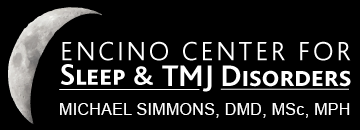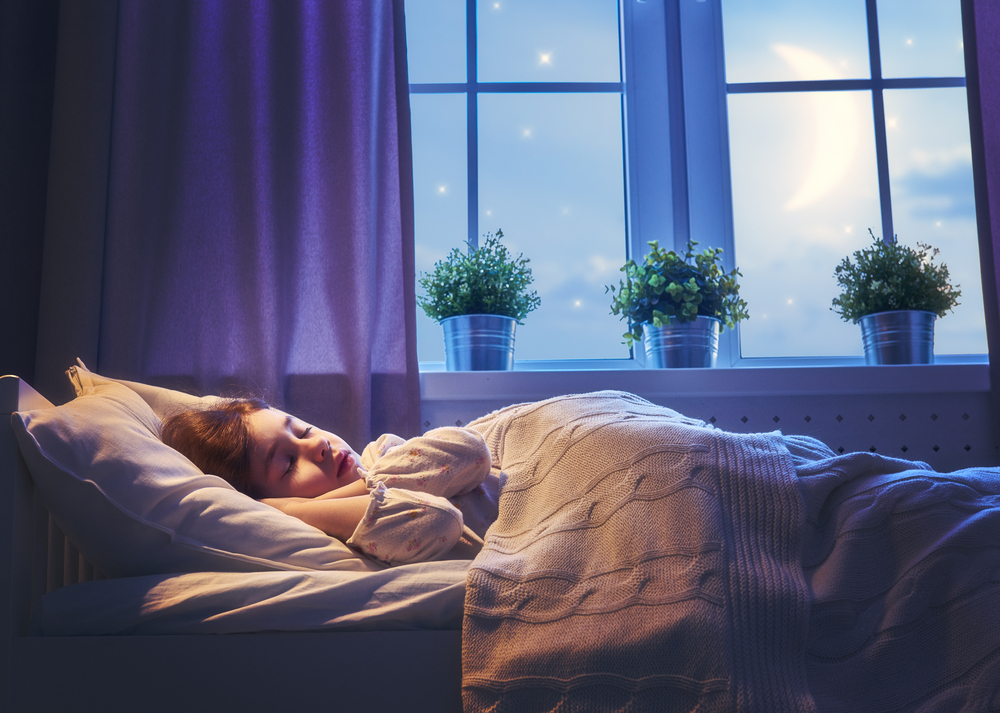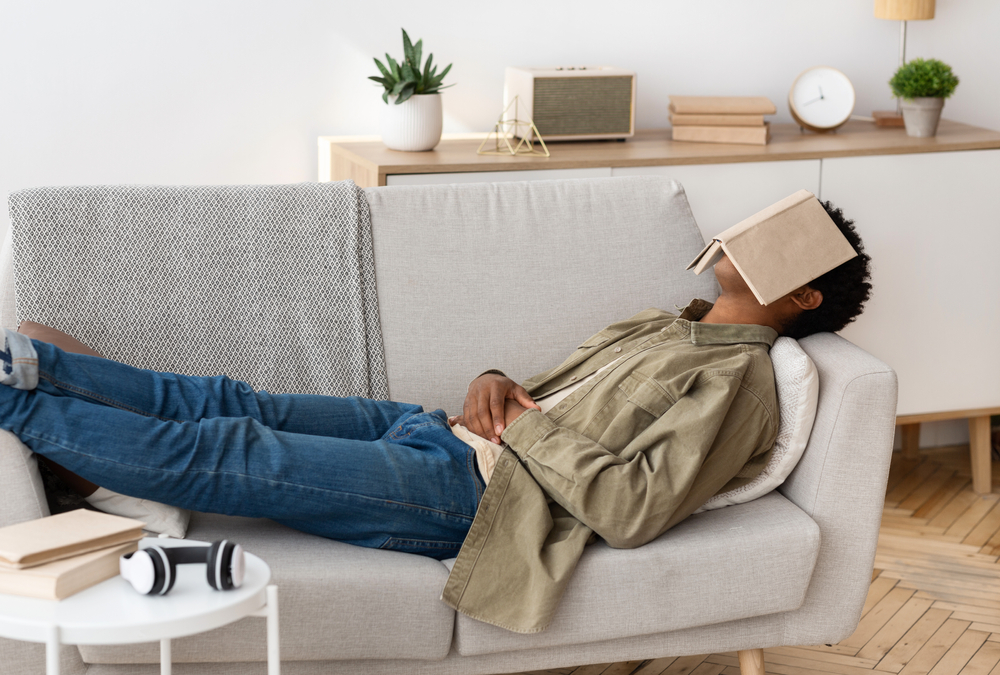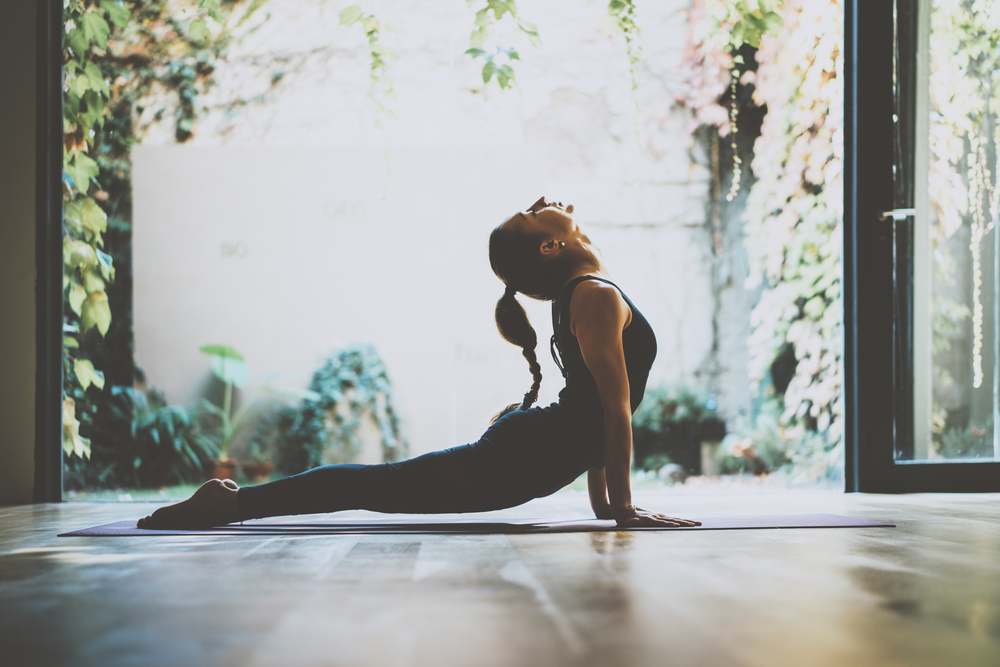Strange Sleep Disorders You May Not Have Heard Of
Sleep’s Weird Wild Side
We all know how important a good night’s sleep is for our overall health and well-being. However, while common sleep issues like insomnia and sleep apnea are widely discussed, there are several unusual and often misunderstood sleep disorders that can profoundly disrupt one’s sleep and daily life. If you or someone you care about has been experiencing unexplained, strange sleep disturbances, this post aims to raise awareness about some of the strangest sleep disorders experienced by patients.
By shining a light on these lesser-known yet impactful conditions, we hope to validate the experiences of those affected and encourage them to seek expert help from qualified professionals who can get to the root of these disorders. If any of these sound like issues you or a loved one may be facing, call the Encino Center for Sleep & TMJ Disorders at 818-300-0070 to get the restorative sleep you deserve.
1. Exploding Head Syndrome
Exploding head syndrome is a disorder characterized by a loud, imagined noise that occurs in the person’s head during the transition between wakefulness and sleep. The noise can be described as a loud bang, gunshot, or explosion, and it can be accompanied by a jolt or a sensation of bright light.
While the experience can be startling and even terrifying, it isn’t dangerous and is believed to be harmless. The causes of exploding head syndrome are not entirely understood, but it has been linked to stress, fatigue, and certain medications.
2. Sleep Eating Disorder (Sleep-Related Eating Disorder)
Sleep eating disorder is a condition in which individuals engage in unconscious eating during the night or while in a sleepwalking state. People with this disorder may prepare and consume food without being aware of their actions. In some cases, they may even consume non-food items or engage in other unusual behaviors.
Sleep eating can be potentially dangerous, as individuals may consume harmful substances or injure themselves while preparing food in a sleep state. The causes of sleep-eating disorders are not fully known, but they have been linked to stress, sleep deprivation, and certain medications.
3. Kleine-Levin Syndrome (Sleep Drunkenness)
Kleine-Levin Syndrome, also known as sleep drunkenness, is a rare condition characterized by episodes of excessive sleep and altered behavior. During these episodes, individuals may sleep for up to 20 hours a day and experience disorientation, confusion, and a lack of awareness upon waking. They may also exhibit abnormal behaviors such as hypersexuality, binge eating, or aggression.
The causes of Kleine-Levin Syndrome are not well understood, but it’s believed to be related to dysfunction in the hypothalamus region of the brain. The condition primarily affects adolescents and can have a significant impact on their daily lives and educational or social functioning.
4. Sleep Paralysis
Sleep paralysis is a temporary inability to move or speak that occurs when waking up or falling asleep. During an episode of sleep paralysis, individuals may feel trapped in their bodies, unable to move or speak, even though they are conscious and aware of their surroundings.
Sleep paralysis can also be accompanied by hallucinations or a feeling of fear or pressure on the chest. While sleep paralysis can be terrifying, it’s generally harmless and is believed to be caused by a disruption in the sleep-wake cycle.
5. Restless Legs Syndrome (RLS)
Restless Legs Syndrome (RLS) is a condition characterized by an irresistible urge to move the legs, often accompanied by unpleasant sensations such as tingling, burning, or crawling feelings. These sensations typically occur during periods of rest or inactivity and can be relieved by moving the legs.
RLS can significantly impact sleep quality, as the urge to move the legs can make it difficult to fall asleep or stay asleep. The causes of RLS are not fully understood, but it has been linked to iron deficiency, pregnancy, and certain neurological conditions.
Shedding Light on Odd Sleep Phenomena
Does this sound like you or someone you love in Encino, Sherman Oaks, or Tarzana? Don’t let another night go by due to tossing, turning, and missing out on the rejuvenating sleep you desperately need. Unexplained sleep disturbances can drain your energy, impact your mood and performance, and even put your health at risk. But you don’t have to keep suffering alone. The compassionate experts at the Encino Center for Sleep & TMJ Disorders understand how these unusual sleep disorders can disrupt your life.
Don’t wait another day – call 818-300-0070 now to schedule your consultation. Reclaim your nights and start feeling like your best self again. You owe it to yourself to get the restorative sleep you need to live your happiest, healthiest life.







